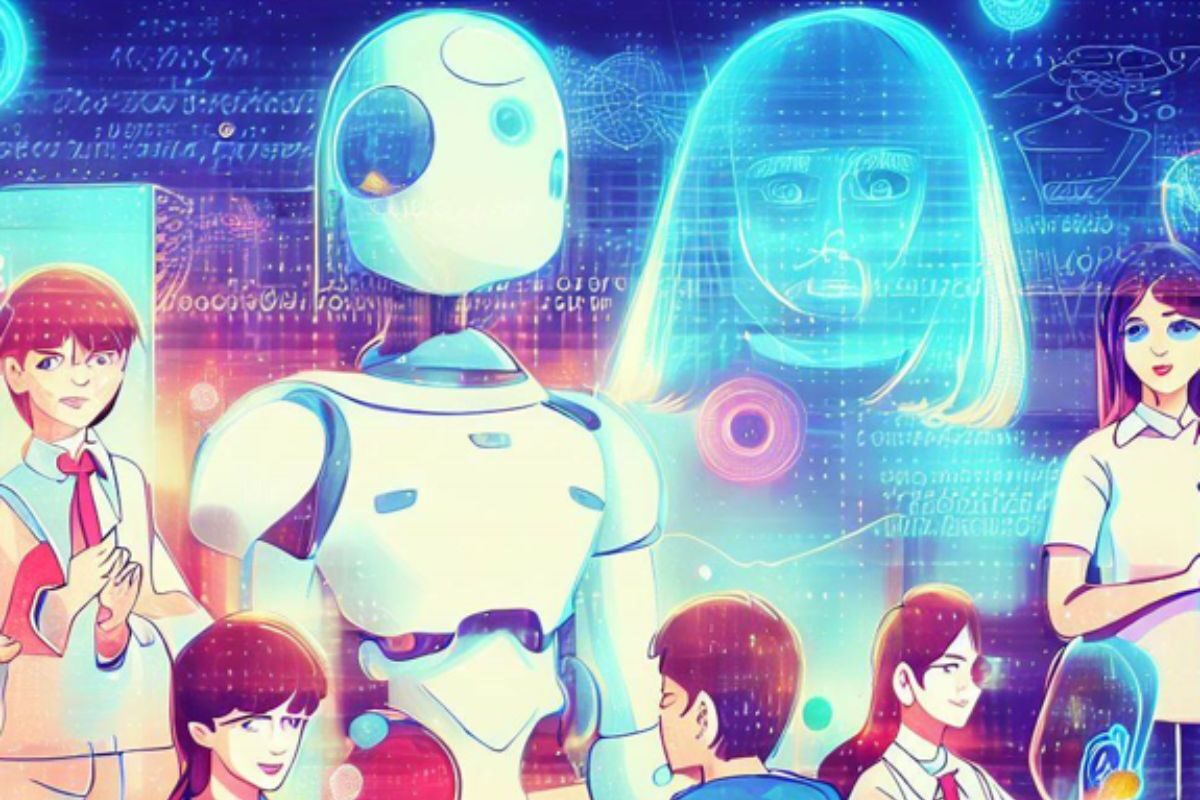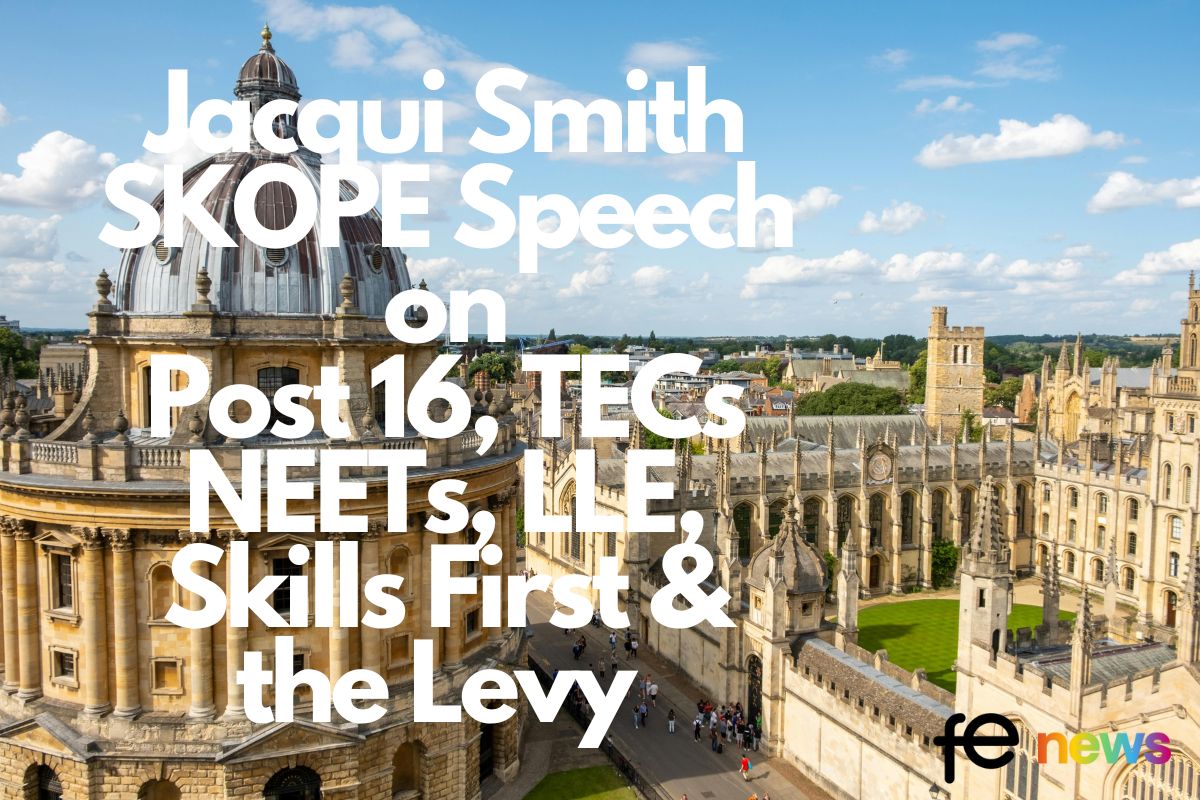From Intelligent Tutors to Smart Classrooms: The Role of AI in Education

Introduction:
In recent years, the integration of artificial intelligence (AI) in education has brought about transformative changes in the way students learn and educators teach. From intelligent tutors that provide personalized support to smart classrooms equipped with advanced technologies, AI is revolutionizing education and shaping the future of learning. In this article, we will explore the various roles of AI in education and its impact on both students and educators.
- Intelligent Tutors: AI-powered intelligent tutoring systems are revolutionizing the way students receive personalized support and guidance. These tutors utilize machine learning algorithms to adapt to individual student needs, providing customized learning experiences.
- Personalized Learning: AI is driving the shift towards personalized learning approaches. Adaptive learning platforms powered by AI analyse student performance data, identify learning gaps, and recommend tailored content to address individual needs.
- Smart Classrooms: AI is transforming traditional classrooms into smart learning environments. These smart classrooms integrate AI technologies, such as interactive whiteboards, augmented reality (AR), and virtual reality (VR), to enhance student engagement and facilitate immersive learning experiences.
- Automated Grading and Feedback: AI streamlines the grading process by automating the evaluation of assignments and providing immediate feedback to students. Natural language processing algorithms enable the analysis of written responses, enabling educators to save time while offering timely feedback.
- Data-Driven Insights: AI empowers educators with data-driven insights into student performance, enabling them to make informed instructional decisions. Analysing large volumes of data, AI algorithms can identify trends, predict learning outcomes, and suggest personalized interventions.
Conclusion:
The integration of AI in education is revolutionizing the learning landscape, empowering students with personalized support and transforming classrooms into dynamic and engaging environments. AI-powered intelligent tutors, personalized learning platforms, and smart classrooms are reshaping education, fostering individualized learning experiences, and improving learning outcomes. With AI automating grading processes and providing data-driven insights, educators can focus on personalized instruction and holistic student development.
In summary, AI is playing a pivotal role in transforming education by providing personalized support, facilitating adaptive learning, and creating smart classrooms. As we embrace the potential of AI in education, we are paving the way for a future where learning is tailored to individual needs and students are empowered to reach their full potential.












Responses